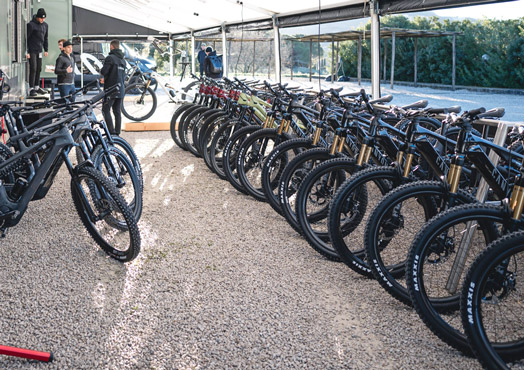Our electric bike gurus detail the benefits and drawbacks of each e-bike so you can find precisely what you are looking for.
No matter what you’re doing, there’s an e-bike for that.

eBikes.org is working with experts at the leading edge of the electric bicycle industry. We have the most up-to-date information on e-bikes. Here you can find the most current e-bike reviews, brands, and top ranking lists, as well as the most recent news and industry trends.
Whether you are a professional trying to lower your carbon footprint with an electric commuter, a sportsman looking to get to the hunting grounds a little easier, or a parent who wants to take kids to the park for a picnic, we have you covered.

Our researchers have reviewed hundreds of electric bikes from dozens of brands.
Compare e-bikes at a glance with ratings created and refined by industry experts.
eBikes.org's experts have over 60 years of combined experience.
Reviews of the best electric bike brands out there.